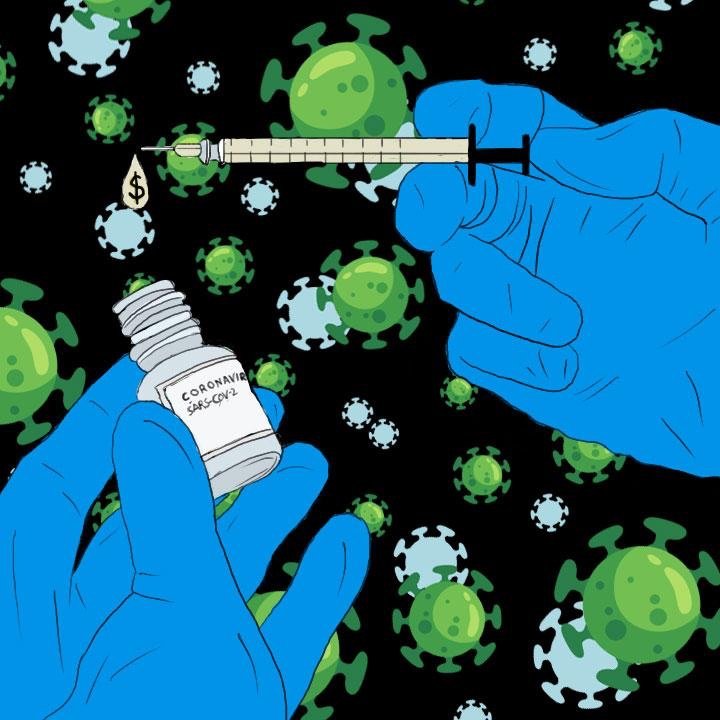By Althea Champion
In a statement from AstraZeneca, reported by STAT News, the biopharmaceutical company reported a halt in their global research trial. The company, which is working with the University of Oxford and is one of the few waist-deep in the process of developing a COVID-19 vaccination, reported that the halt is a “routine action which has to happen whenever there is a potentially unexplained illness in one of the trials.”
The company is in Phase 3 of their clinical trial in the U.S., as well as Brazil and South Africa, according to the New York Times, and in Phase 2/3 in England and India. AstraZeneca began the third phase of its clinical trial not much longer than a week ago, on Aug. 31.
Phase 3 efficacy trials involve thousands of volunteers, some of which are administered the vaccine in question, and others the placebo.
AstraZeneca and its most close competitors, Moderna and Pfizer, which have each been in phase 3 of their clinical trials since July 27, are backed by the Trump administration’s Operation Warp Speed, a targeted allocation of resources meant to hasten the development of a COVID-19 vaccine.
The halt of AstraZeneca’s COVID-19 vaccine—AZD1222—is the first made public by its drug maker, and will allow a safety review to take place.
“A volunteer in the U.K. trial [of AZD1222] had been found to have transverse myelitis, an inflammatory syndrome that affects the spinal cord and is often sparked by viral infections,” reported the New York Times. “However, the timing of this diagnosis, and whether it was directly linked to AstraZeneca’s vaccine, is unclear.”
The vaccine was first developed by Oxford University’s Jenner Institute and Oxford Vaccine Group, according to nih.gov, and was then “licensed to AstraZeneca for further development.” Oxford-Astrazeneca began the third phase of its clinical trial not much longer than a week ago, on Aug. 31.
The company stressed in its statement that the safety of their participants is a priority.
“We are working to expedite the review of the single event to minimize any potential impact on the trial timeline,” said the company in their statement. “We are committed to the safety of our participants and the highest standards of conduct in our trials.”






